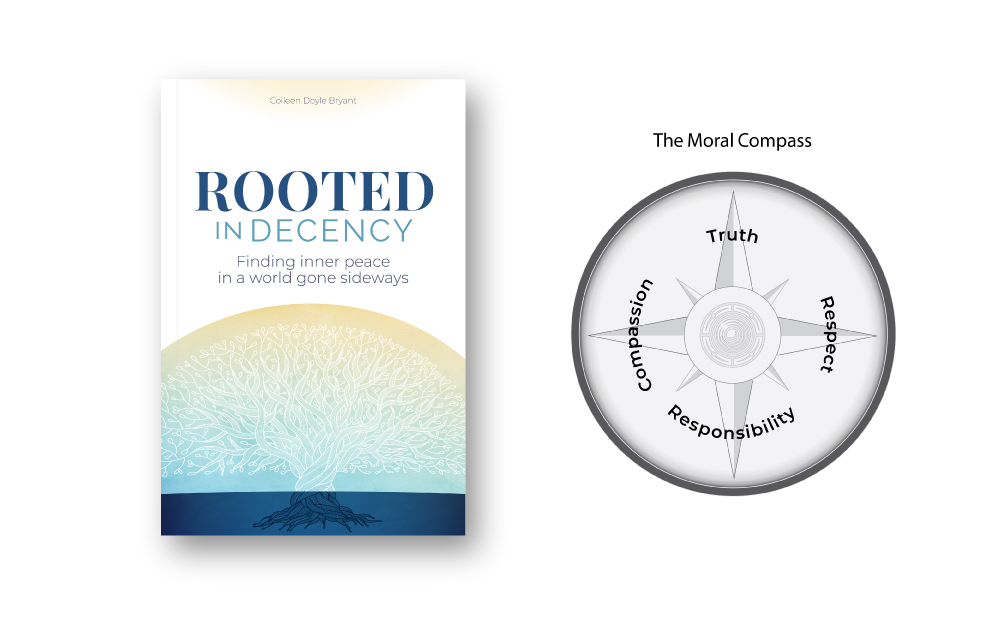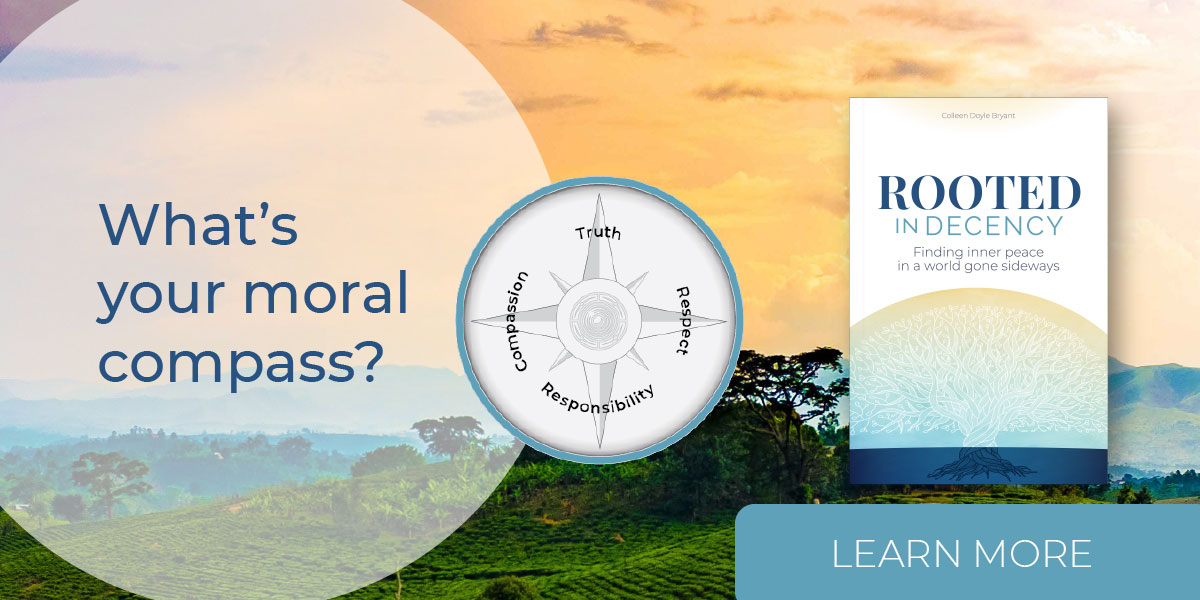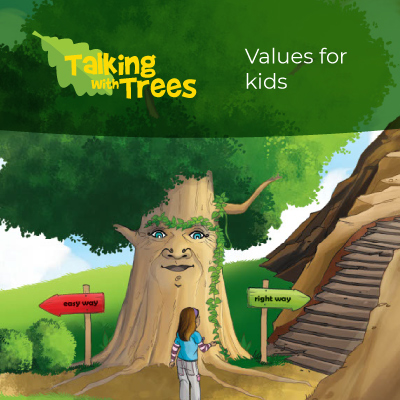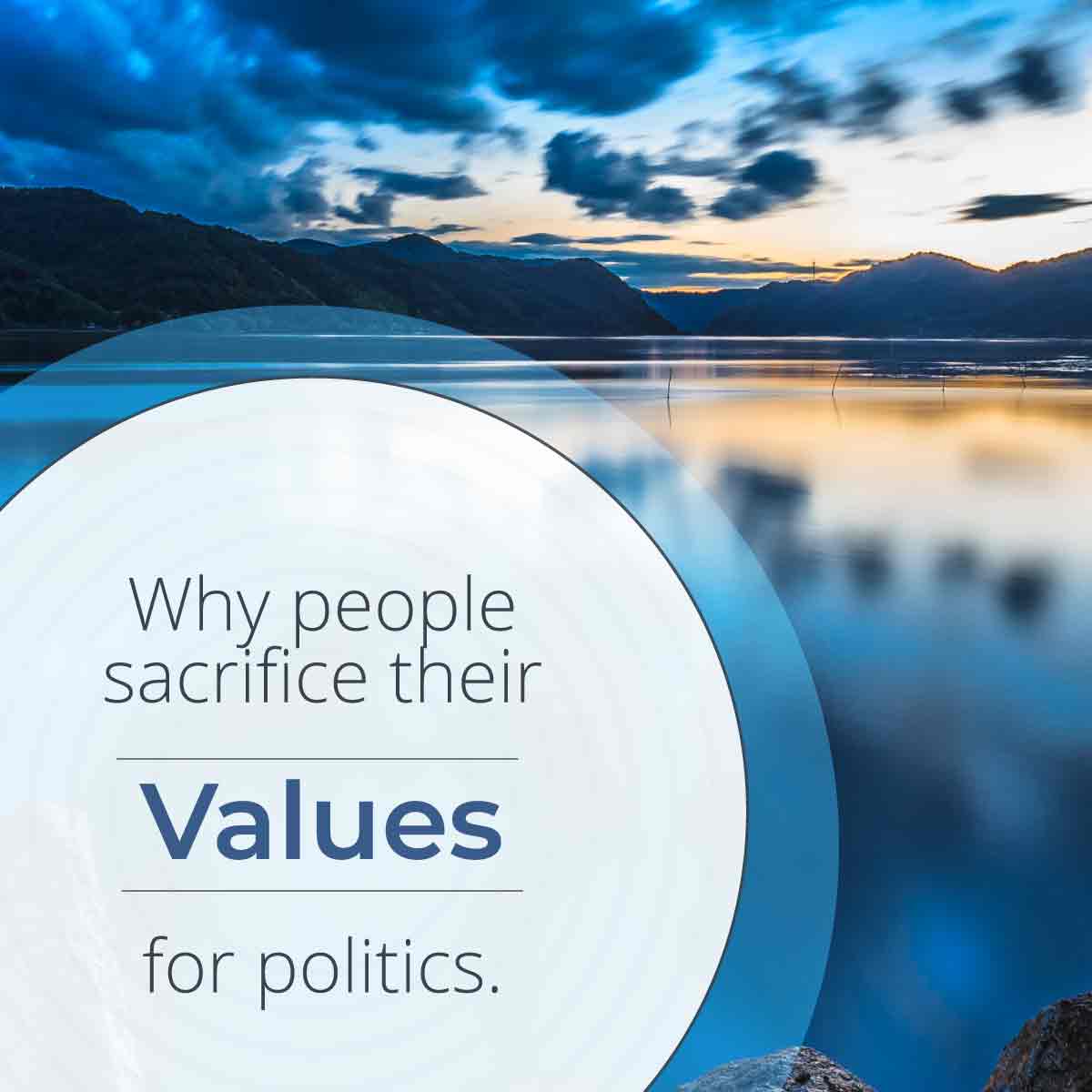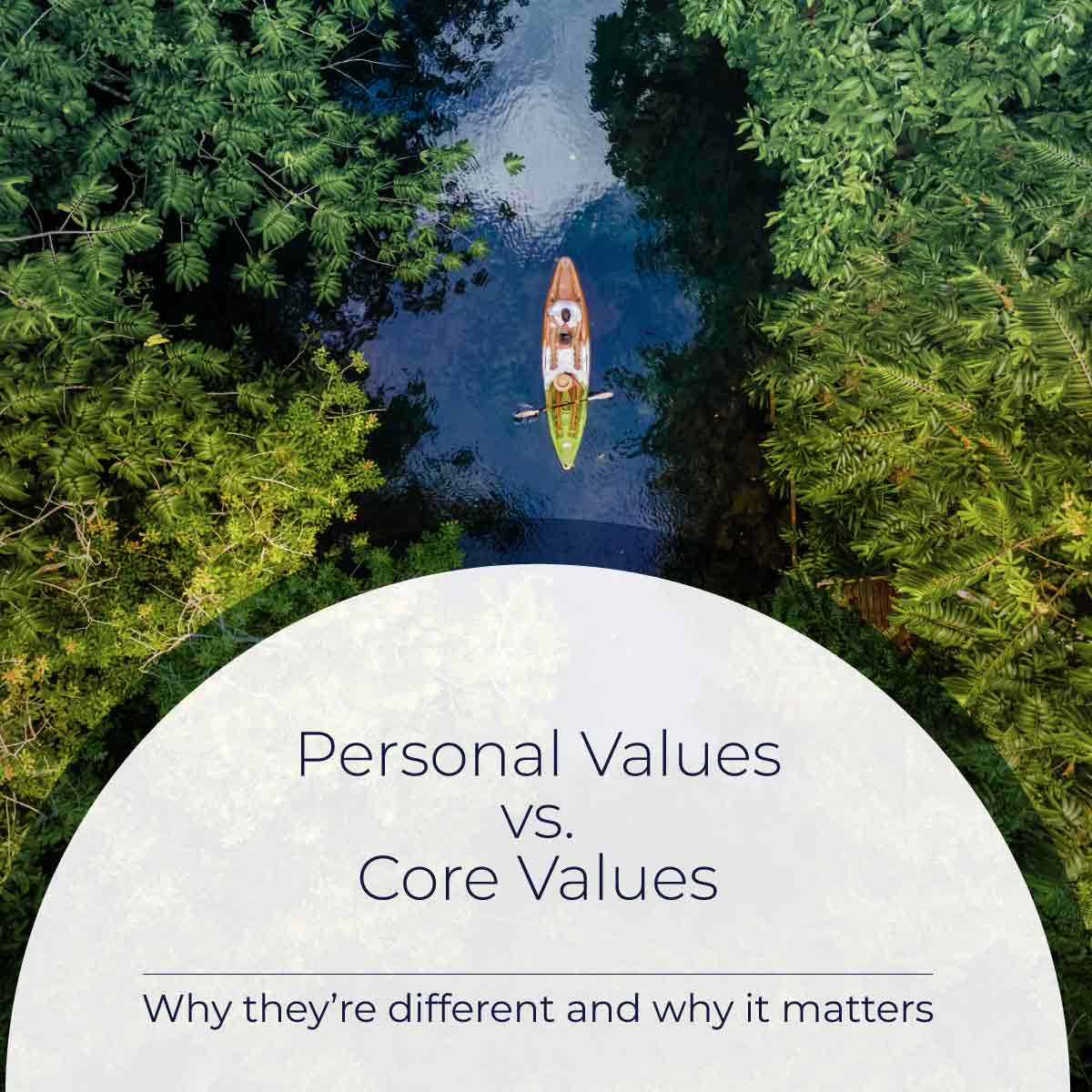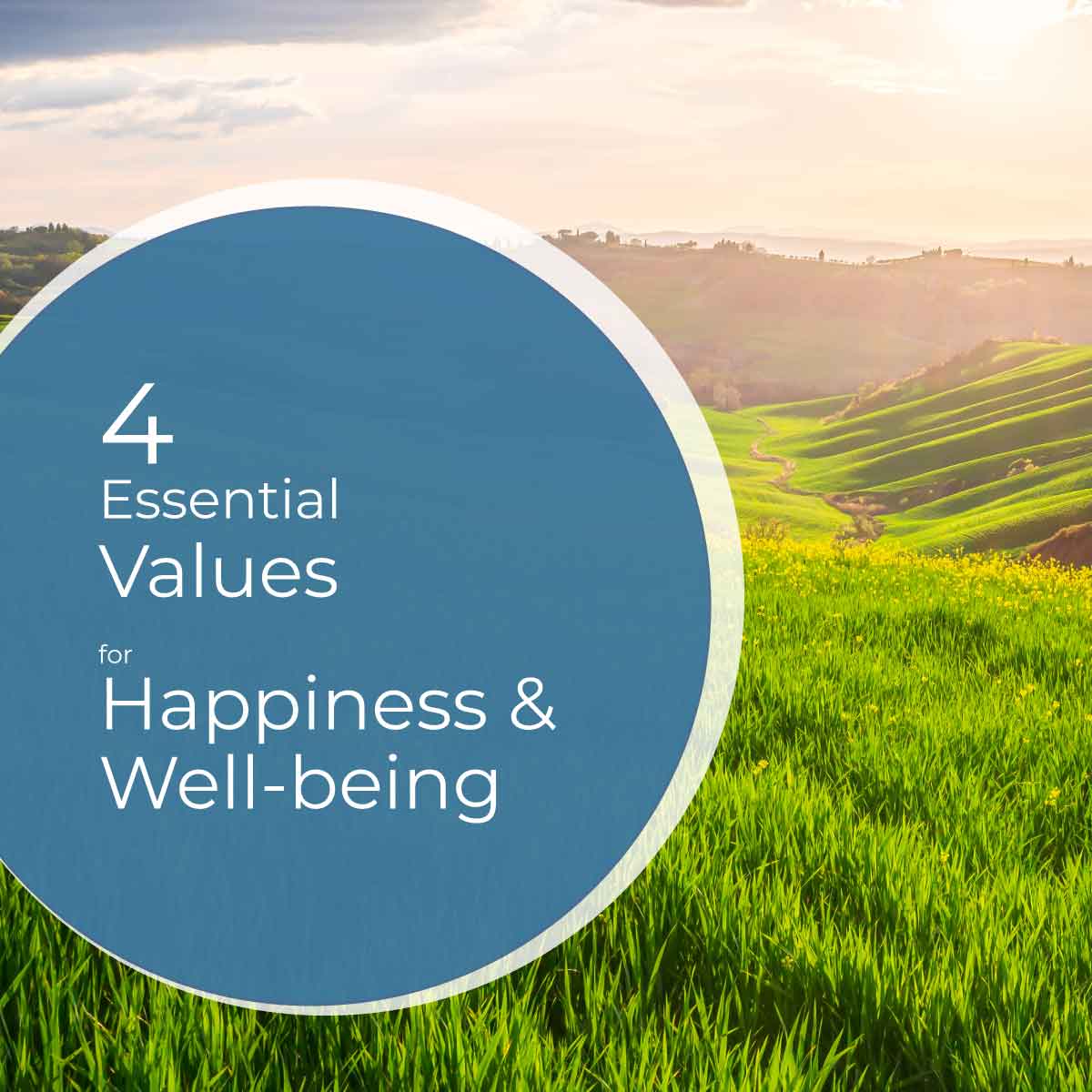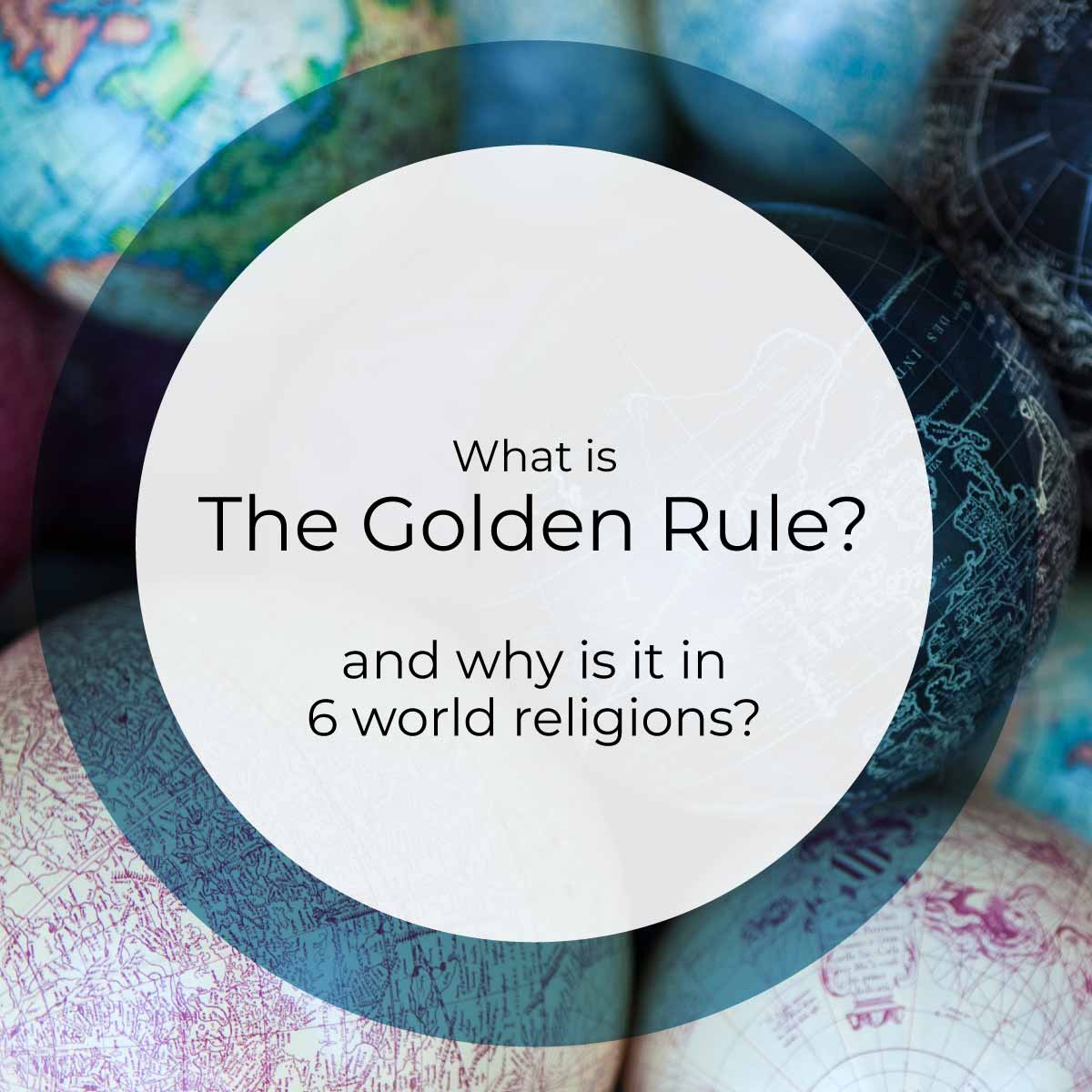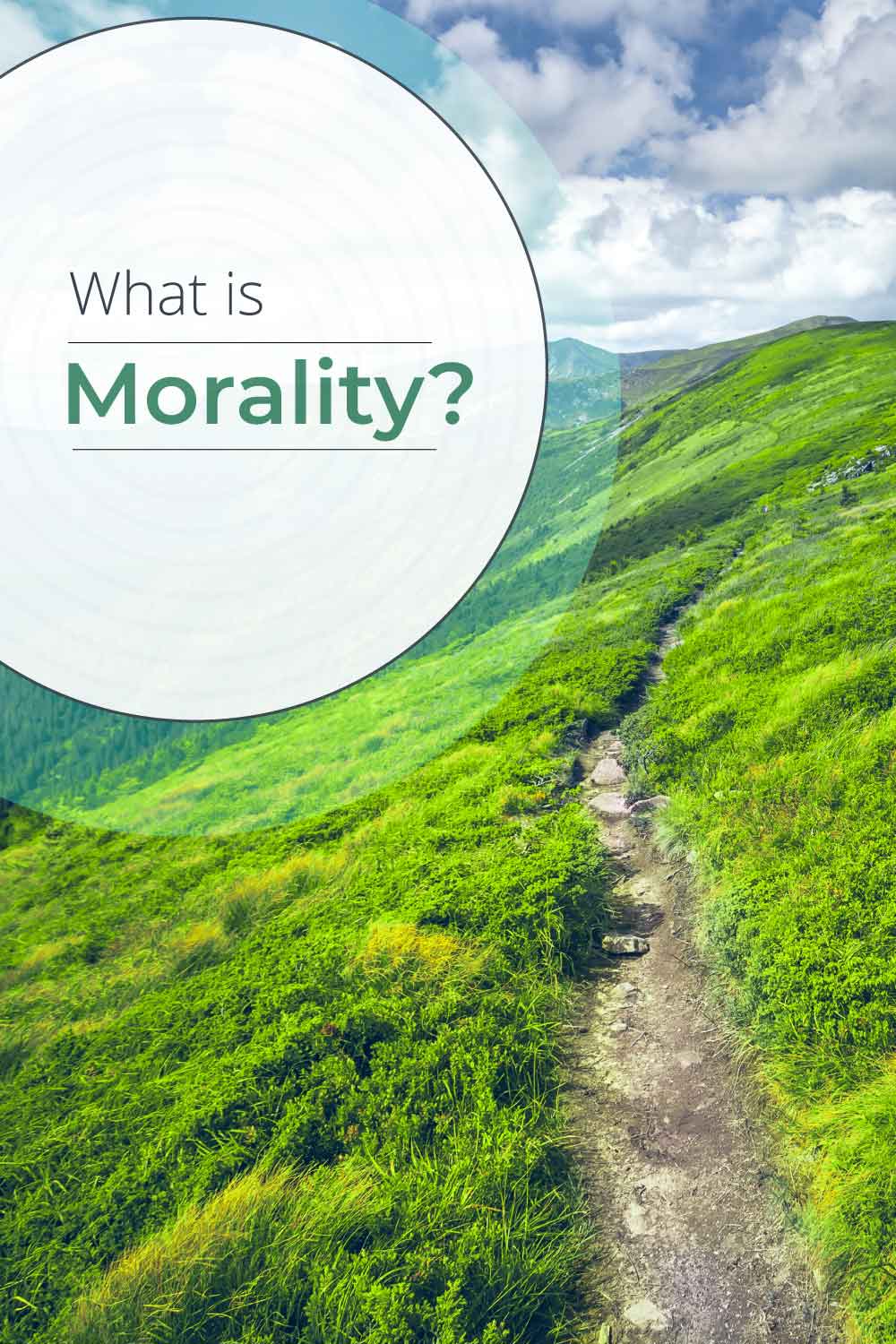
What do we mean by morality? The mere word may invoke visions of stern judgmentalists wagging their fingers. But morality is actually much friendlier than that. When we look at where morality came from, and how humans decided what was right and wrong, we’ll discover that morality is actually about how we work together to survive and thrive. Let’s start with a simple definition of morality.
A Definition of Morality
Morality is a system used by a society to decide which actions are right and which actions are wrong. In simple words, morality is a code of conduct that helps people know which behaviors a society feels are good and should be encouraged (we might call these values or virtues), compared to the behaviors society thinks are harmful and should be discouraged (we might call these vices).
If we look at the way we live life among other people, there are ways people can act that keep society running in an orderly way. Morality helps us know that good values—like honesty, respect, responsibility, and compassion—help us work together well. Morality also helps us know which behaviors can be harmful to our ability to live and work together, like dishonesty, disrespect, avoiding accountability, and cruelty.
So if morality is a guidebook for behavior in a society, who gets to decide what right and wrong are? And wait a second, don’t a lot of people think morality is about religion? To answer those questions, let’s step back in time to see where morality came from.
Where Morality Comes From
Morality emerged because we humans are social creatures who rarely live alone. As much as we look out for #1, we also know that we need each other to survive and to thrive. Even though we may each want what we want for ourselves, we know that we have a better chance of achieving the life we want when we work well with other people.
This isn’t some new trend, it’s actually fundamentally human. Way back in early human history, our ancestors started figuring out that some behaviors helped people trust and cooperate with each other—and that the groups who could trust and cooperate with each other did better in life.

The behaviors that helped the group survive and thrive were valued and those became good values (coincidence on the word choice?). The helpful actions were considered good and right and became virtues.
The behaviors that were harmful to individuals or to the group's ability to do well together became the bad, or wrong actions, and were considered to be vices.
Looking at where morality came from, right and wrong weren’t chosen at random. Moral values came from human experience figuring out which behaviors were helpful and which were harmful to well-being and the common good.
Religion and Morality
Wait a second, I hear some people calling, what about religion? Do people need religion to define morality and to be moral? Based on history, the answer is no; people don’t need religion to be moral, but religion did help morality and societies grow and expand. Morality emerged before organized religion existed. Early humans identified which behaviors were good or bad, and right or wrong, based on which human behaviors were helpful for well-being.
Later, organized religion played an essential role in the expansion of morality and our ability to live together in larger societies. While morality has additional spiritual meaning for people who are religious, we also see societies today where religion is declining yet people still act morally. And it’s worth noting that in many countries (including the United States), laws are based on a core morality that is separate from religious authority. (For more on the role of religion in morality, see Chapter 11 in Rooted in Decency.)
By the way, for all that the world’s religions have had their differences, the core moral codes in their sacred books are essentially the same. Don’t believe me? Read Chapter 12 in Rooted in Decency and you can see the behaviors that seven major world belief systems agree are the core morality humans need to follow to keep society stable.
Why is morality important
From the moment we wake up, we need to cooperate and trust each other to get on with our daily lives. There are countless situations where we rely on people to act predictably and with good values. We rely on people being honest about things they are selling, treating each other with courtesy, doing their jobs accurately and completely, helping each other when there’s an emergency… and on and on. In fact we trust and cooperate so much we don’t even realize how important our basic assumptions are that people will act with good values like truth, respect, responsibility, and compassion. In contrast, we do notice when people aren’t acting with core values, because our ability to trust and cooperate as a society starts to break down.
For the basics in life, morality is the foundation that keeps us from living in chaos and harm. Each of us humans knows that we’re vulnerable, so our shared sense of morality is a way of agreeing that we'll look out for each other's well-being. Being moral is like saying, “I’ll treat you with care and dignity, and in return, I should be able to expect the same from you.” When morality breaks down, and people break the core rules that keep civilized life running, it upsets our sense of how things should work in the world—and it creates instability on a personal, and societal level.
Still have questions? Part 3 of Rooted in Decency is a great book for understanding morality and values. Written in an understandable, conversational tone, It explores why we voluntarily choose to act decently to each other, where our moral values come from, and how we can define a modern moral compass to negotiate today’s complex moral issues.
